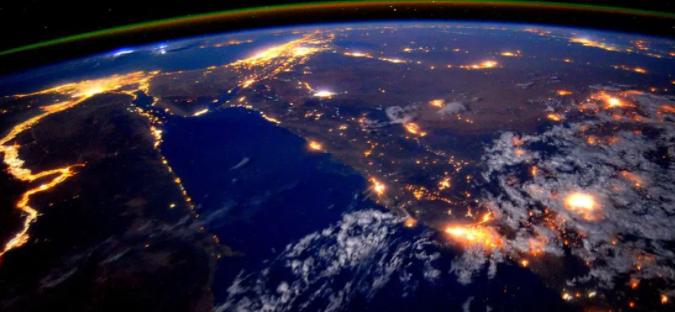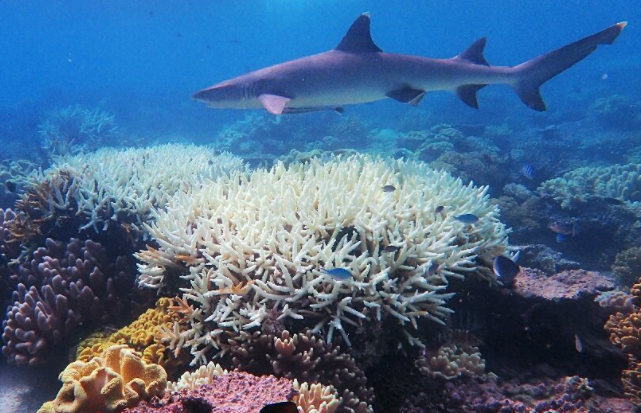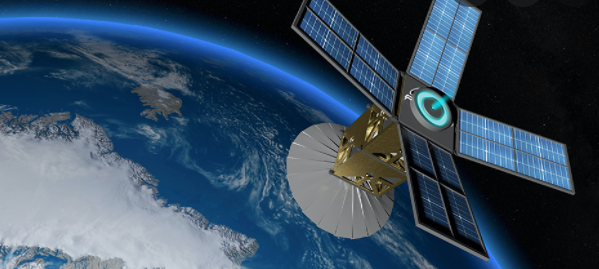Africa's Space Race
Space technology is fast becoming one of the major driving forces for innovation in business, medicine, military, environmental protection and other areas of human endeavor. According to Morgan Stanley, the global space economy which is currently valued at about $350 billion, is expected to be worth over $1 trillion by 2040.
Africa, despite being rated as technologically inferior to the Western world, has about 41 satellites in space to her credit. Ethiopia launched her ET-SMART-RSS in the last quarter of 2020 while more African countries intend to add their satellites to the list by December 2021. Below are ways Africa is utilizing satellites for her social and economic development.
1. Cloud services
Although public cloud services have been available globally for almost a decade, African countries are only becoming more interested in cloud services recently. Few years ago, African users of cloud services had to rely on servers in France, Ireland and the UK. However, between 2019 and 2020, Huawei, Microsoft and Amazon Web have already identified viable sites for data centers in Africa.
Africa is currently leveraging on cloud computing to transform local businesses, higher education, and many other economic spheres. Presently, Africa accounts for about 1% of the global revenue generated on cloud services. There is hope that as many more local data centers are available in Africa, more indigenous business will key into public cloud services.
2. Environmental protection
Through satellite imaging, scientists have been able to point out how the ozone layer depletion and indiscriminate felling of trees in Africa are posing great environmental threats to the continent. Evidence that Africa's deserts have continued to expand at alarming rate is now solid enough for African countries to take environmental reports seriously. In the bid to protect the environment, various African countries have developed wildlife conservation centres and created agencies saddled with the responsibility of providing solutions to Africa's environmental dilemma.
3. Digital literacy
Recently, Google and Microsoft have launched Digital Literacy programs across Africa. Egypt, South Africa and Nigeria appear to be three of the targeted countries that benefited most from these programs. African leaders are now canvassing for their citizens to embrace digital literacy. These efforts have also revealed the digital divide across African societies and the attendant social and economic challenges. In providing digital literacy, African satellites will have
4. Education
The advent of the Covid-19 pandemic forced more African communities to join the world in online learning. As schools across the world resorted to e-learning technologies, the digital divide gap across African societies became more evident. Currently, International organizations are running e-learning intervention programs for remote parts of Africa where digital infrastructure is technically unavailable. However, in major African cities where 3G and 4G networks are available, e-learning has been a succour for most students during the lockdown period.
Other areas Africa has deployed satellites for development include telecommunications, transportation and security. The dramatic rise in Africa's population and the need to catch-up with global standards means Africa must launch more satellites to improve on the dividends of satellite technology.






